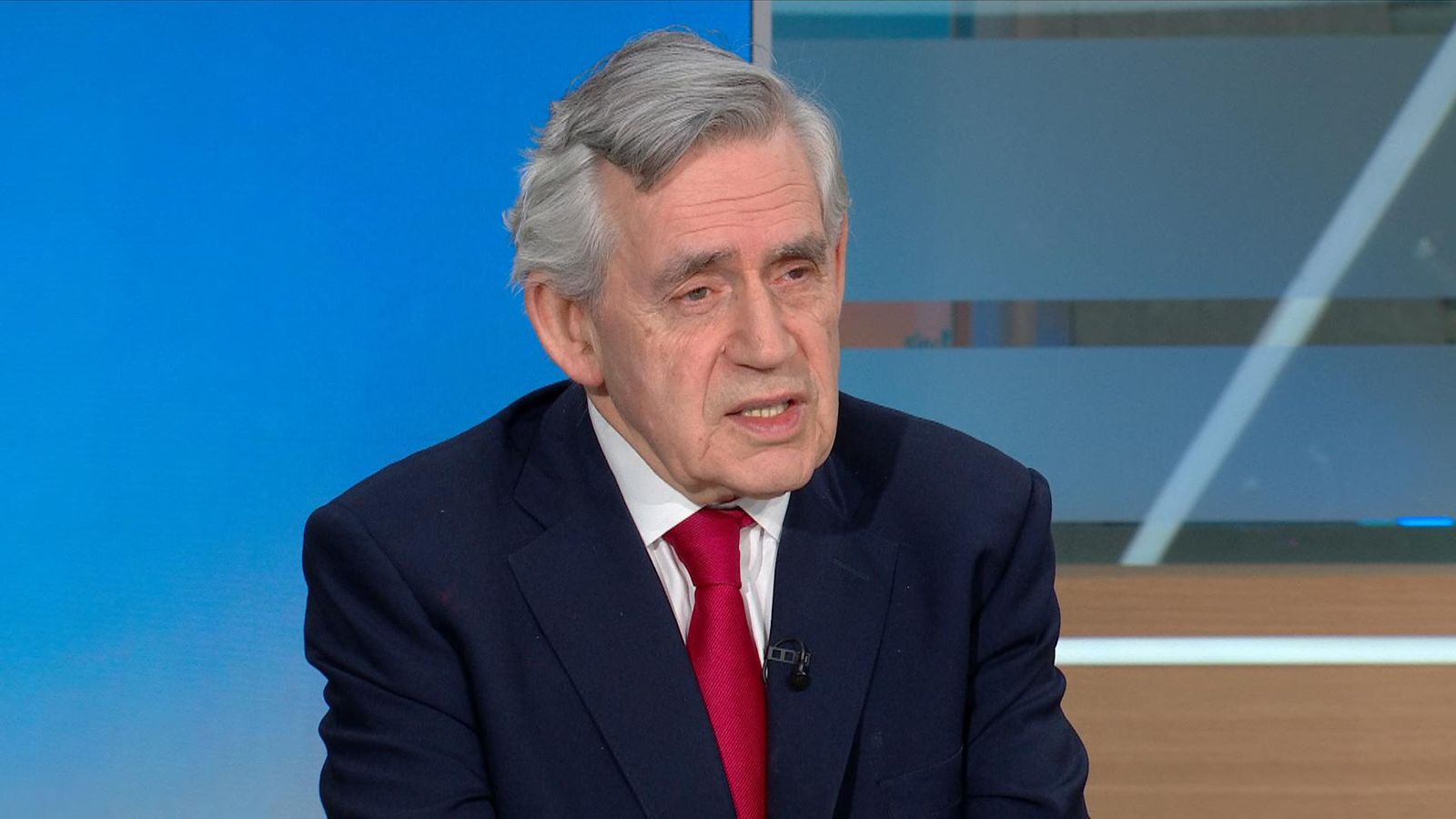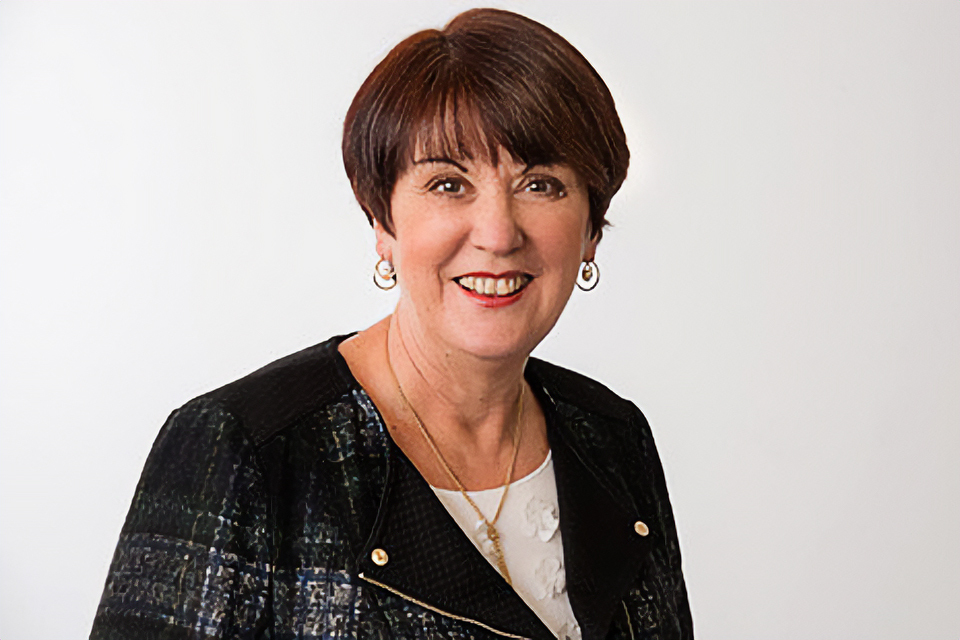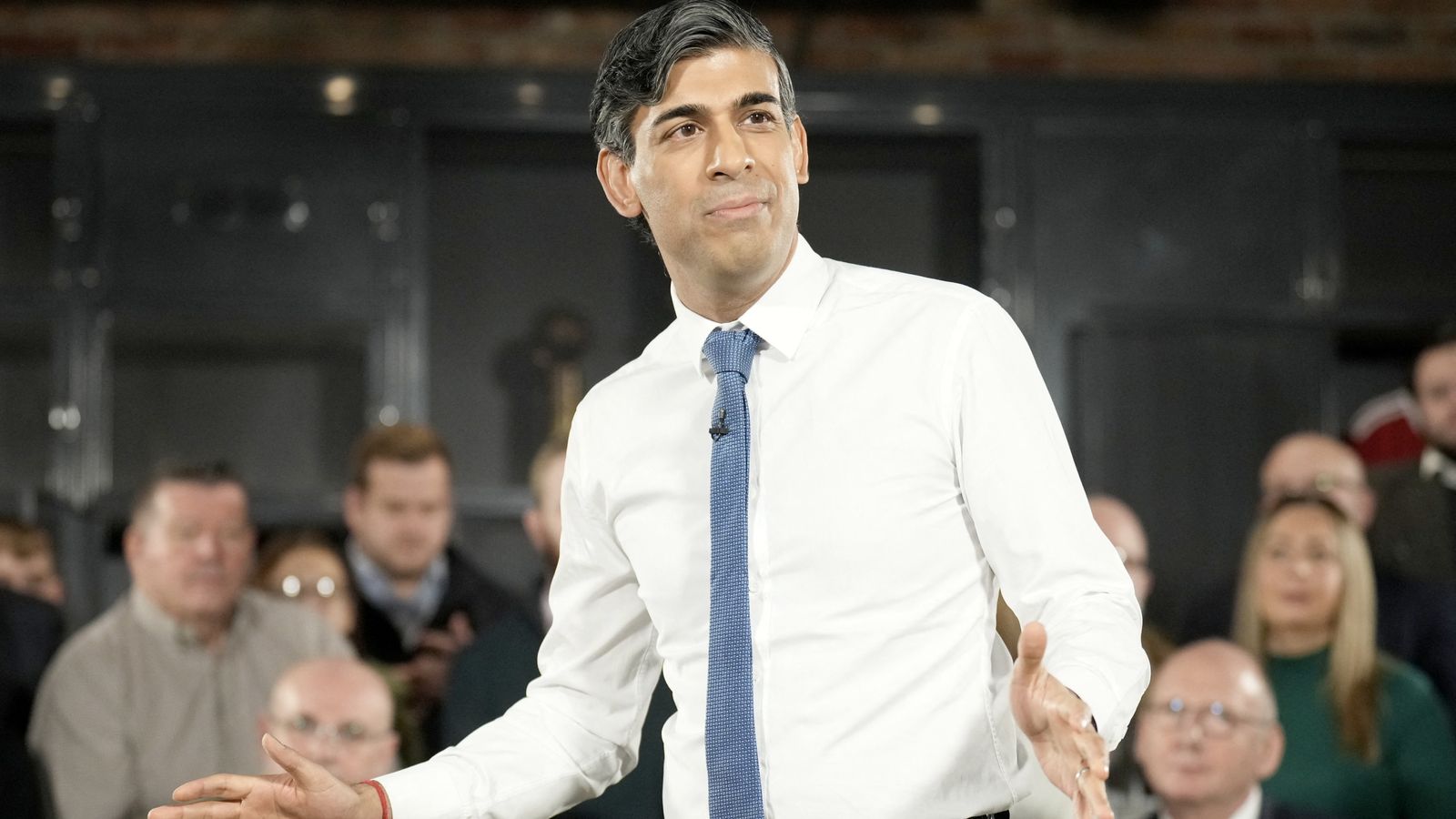Committee on Fuel Poverty’s annual report highlights the risk of missing the 2025 milestone
The Committee on Fuel Poverty’s 2023 Annual Report – Meeting or Missing the Milestones argues that a dramatic reduction in fuel poverty is within reach, but only if the government “improve(s) targeting of payments to support bills and better targeted energy efficiency programmes to meet the government’s target and milestones.”
The report argues that the 704,000 properties in England rated E, F and G, require urgent upgrading, or the second 2025 milestone will also be missed, and this will have a knock-on impact on the government’s 2030 fuel poverty target.
The report states:
Local authorities and regional mayors, working with partner organisations, should have a clear strategic role to tackle fuel poverty, with a particular focus on building capacity in regions with a high percentage of fuel poor households, to encourage greater action and delivery across all areas.
The report offers an independent assessment of one of the most turbulent periods in living memory, from the end of the pandemic, through to the 2022 energy price surge caused largely by the Russian invasion of the Ukraine, and the unprecedented financial support schemes the government introduced to support households with their bills and the cost of living.
The report concludes that the government’s decision to review and update the fuel poverty strategy comes not a moment too soon and makes 5 main recommendations, supported by a series of 19 ‘must do’ actions. Together, they would enhance efforts to further reduce fuel poverty.
Said Chair, Rt Hon Caroline Flint:
The 2020 Fuel Poverty milestone has been missed and time is running out to meet the 2025 milestone. Without a step up in the volume of energy efficiency work to benefit fuel poor households, the 2030 target will not be achieved.
Fuel poverty is increasing reflecting the pressures on low-income households in the pandemic and the extraordinary surge in their bills in 2022. But, cost of living increases, the energy price shock and the government’s desire to reach net zero are not reasons for any delay in making cold homes warmer, they are arguments for urgency.
Tackling fuel poverty must be a shared mission across government, local government and the NHS. Fuel poverty is more than a hardship for 3.2 million households; cold homes impose a toll on the NHS from physical and mental ill-health and create pressures on local government and charities.



